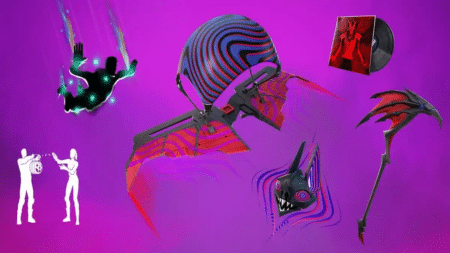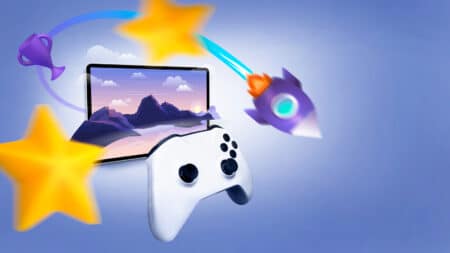Valve and the Dolphin Emulator development team have encountered a hurdle in their plans to release the Dolphin Emulator for GameCube and Wii games on the Steam platform. Nintendo has issued a DMCA takedown notice, blocking the release of the emulator on Steam. The Dolphin Emulator, known for its ability to run console games on various platforms such as PC, Android, Xbox One, and Xbox Series X/S, had generated excitement among fans who were eagerly awaiting its arrival on Steam. However, Nintendo’s action has put a halt to these plans, leaving fans uncertain about the future availability of the emulator on the popular gaming platform.
Valve has received a DMCA takedown notice from Nintendo, which outlines Nintendo’s concerns regarding the Dolphin Emulator’s violation of their rights. Specifically, Nintendo claims that the emulator’s functionality involves the unauthorized use of cryptographic keys, which is in violation of the anti-circumvention provisions of the DMCA. Nintendo argues that this unauthorized usage infringes upon their intellectual property rights. As a result, Nintendo has taken action to protect its rights and prevent the release of the Dolphin Emulator on the Steam platform.

The Dolphin Emulator development team has released a blog post addressing the situation and informing users that the release of Dolphin on Steam has been indefinitely postponed due to the DMCA takedown notice from Nintendo. They are currently exploring their options and plan to provide further updates in the future. It is worth noting that this is not the first instance of a game and console developer taking action to block the use of emulators. Microsoft, for example, has implemented measures to prevent emulator usage on Xbox consoles. While emulators generally operate in a legal gray area, they have often been tolerated to a certain extent, as their functionality is not inherently illegal.
While game console emulators have generally been considered legal in previous cases involving copyright infringement, Nintendo’s argument against the Dolphin Emulator revolves around anti-circumvention laws. This introduces a different legal principle into the discussion. If the case were to go to court and Nintendo was to prevail, it could potentially establish a new precedent regarding the use of emulators.

It is indeed peculiar that Nintendo has now chosen to take action against the Dolphin Emulator, considering the emulator’s longstanding existence and use. The specific reasons behind Nintendo’s decision and timing are unclear. Releasing the emulator on Steam would not necessarily differ significantly from releasing it on another console or service.










